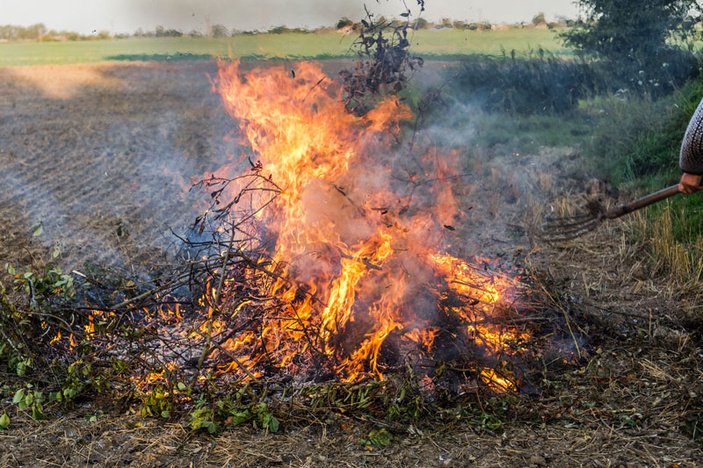Getting a burn permit is crucial for ensuring safety, environmental protection, and compliance with local laws when conducting any open burning, whether it’s for yard waste, agricultural purposes, or controlled burns. Here’s a breakdown of why it’s important and the key parameters involved in obtaining a burn permit:
Fire Control: A burn permit ensures that the fire is managed safely. Without proper oversight, uncontrolled fires can quickly spread and pose risks to homes, forests, wildlife, and human life.
Firefighting Resources: Permits often require coordination with local fire departments or authorities. This ensures that, in case the fire grows unexpectedly, firefighting resources are available and prepared to act.
Air Quality: Open burning can release harmful smoke and pollutants into the air. By requiring permits, local authorities can control when and where burning occurs, minimizing the impact on air quality, especially in populated or sensitive areas.
Wildlife Conservation: Unregulated burning can harm local wildlife habitats. Burn permits help ensure that the area to be burned is safe and appropriate, reducing the risk of endangering animals or plant life.
Local Regulations: Many regions have specific burn regulations in place to ensure safety and environmental protection. Without a burn permit, individuals may be violating local ordinances, which could lead to fines or legal penalties.
Liability: If an unauthorized burn leads to damages (e.g., property damage, forest fires), the person responsible may face significant legal liabilities. A burn permit protects individuals by ensuring they are following the proper protocol.
Prevention of Wildfires: In areas prone to wildfires, burn permits are often granted for controlled burns, where landowners intentionally set fire to clear brush, reduce fuel loads, or promote healthy ecosystems. These burns are usually carried out in optimal conditions to minimize risk.
Seasonal Restrictions: Many burn permits are seasonal, based on weather conditions like wind speed, humidity, and temperature. A permit ensures that burning happens during safe conditions when the fire is less likely to spread uncontrollably.

Location: The area where the burn will take place is critical. Some areas, such as near buildings, forests, or high-risk zones, may be prohibited for open burning.
Time and Date: Burn permits are often restricted to certain days or times of the year, based on local fire hazard levels. High winds, dry weather, and hot temperatures can increase the risk of uncontrolled fires.
Size of the Fire: Permits often limit the size of the burn, ensuring it remains manageable and contained. Larger burns may require additional permits or oversight from fire authorities.
Materials to be Burned: Only certain types of materials are typically allowed to be burned. Yard waste, dry brush, and certain agricultural residues are commonly permitted. Hazardous materials (plastics, chemicals, treated wood, etc.) are prohibited.
Notification and Supervision: Some jurisdictions require that the fire department be notified before burning begins. A responsible person (or sometimes a fire watch) may need to remain present at the burn site to monitor the fire.
Weather Conditions: The permit will often specify acceptable weather conditions for the burn. If winds exceed a certain speed or if there’s a fire risk due to dry conditions, the burn permit may be revoked or delayed.
Post-Burn Management: Some permits require that the area be monitored after the burn to ensure no smoldering remains, which could reignite the fire.
While burning can be an effective method for managing land or clearing debris, doing so without the proper permits poses serious risks. From public safety to environmental protection and legal compliance, obtaining a burn permit ensures that the activity is conducted responsibly and with minimal risk to people, property, and nature. Always check with local authorities for specific requirements in your area before setting any fires.
© Copyright 2025 FIREBRIG All Rights Reserved.